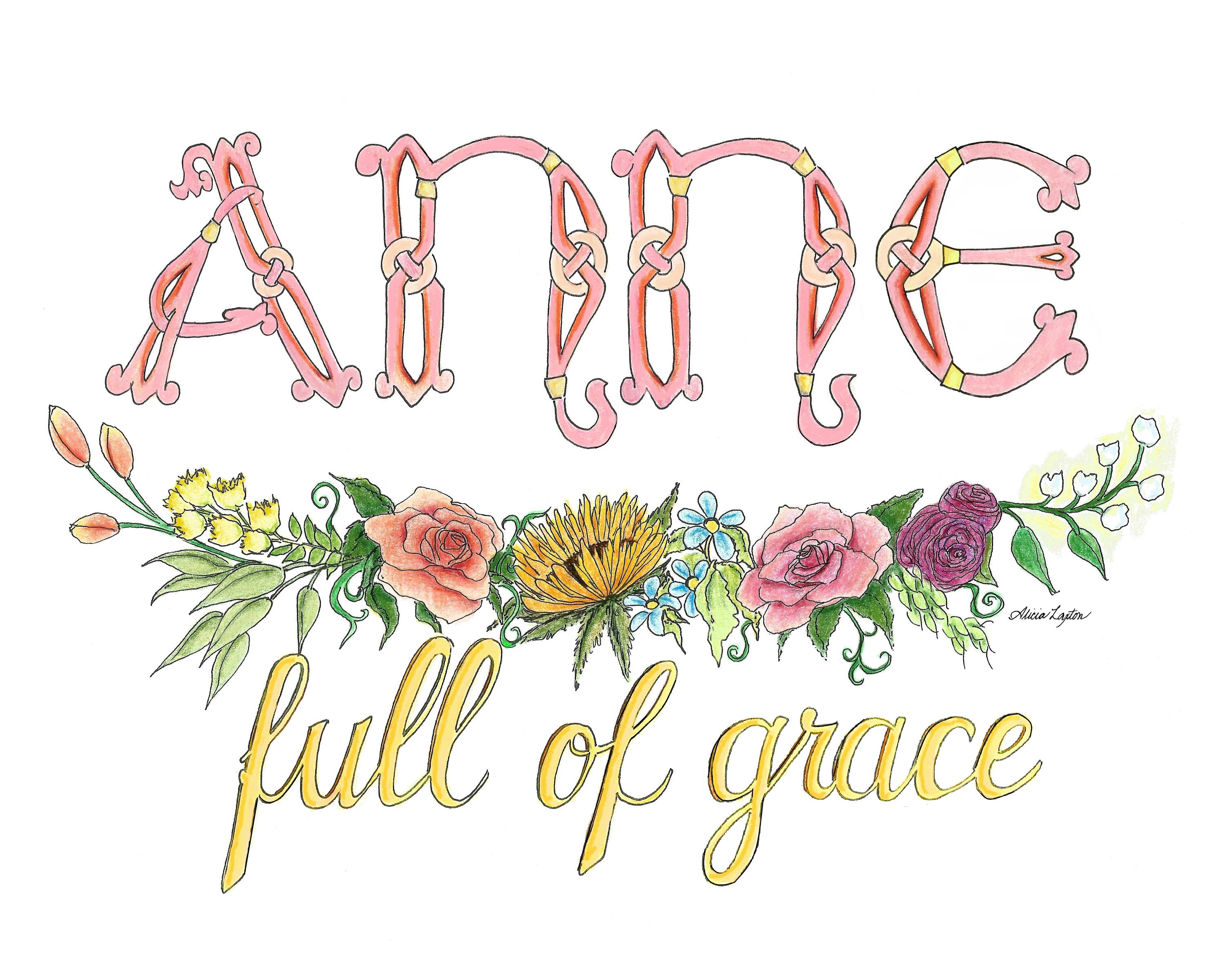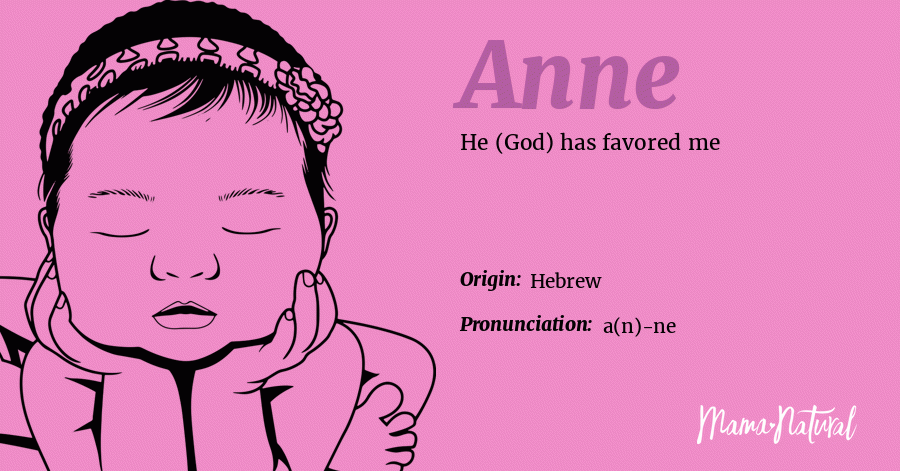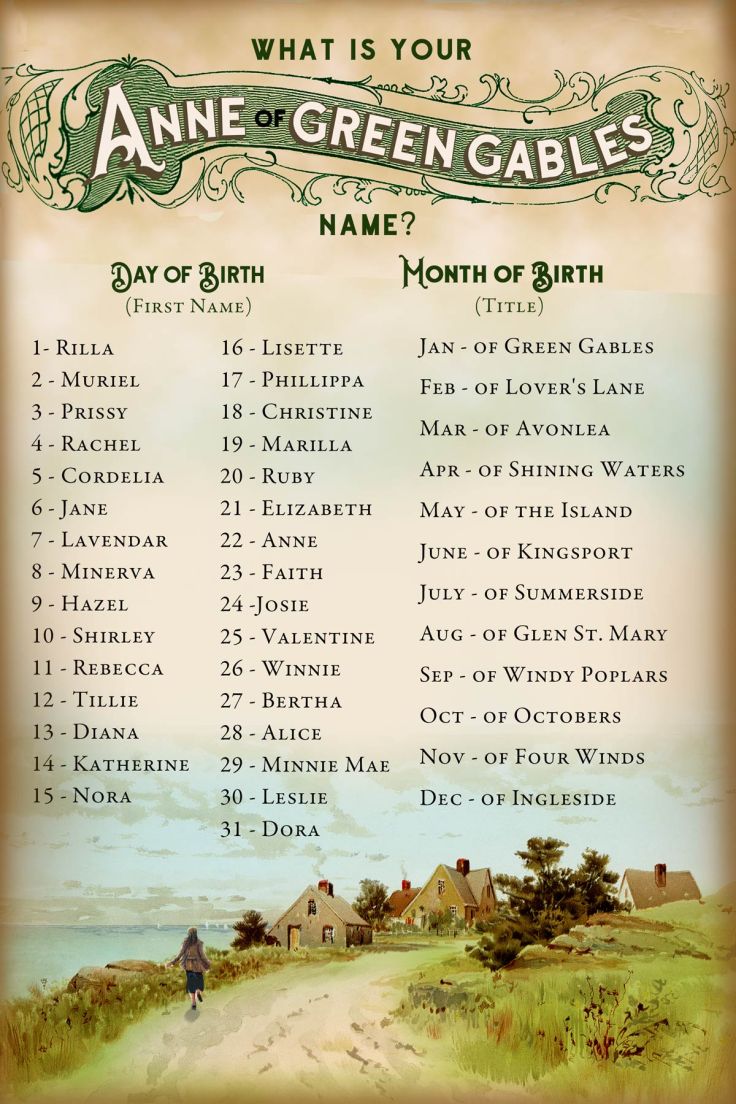So, I was just kicking back the other day, and the name ‘Anne’ kinda floated into my head. No big reason, maybe I heard it on TV, or perhaps it was just one of those random thoughts you get. I figured, “Hey, ‘Anne’, that’s a classic. Wonder what’s really to it?” Sounded like a quick little search, you know? Maybe find a couple of facts, and that’d be that.

Well, let me tell you, I was in for a bit of a surprise. What I thought would be a five-minute thing turned into a proper dive down the rabbit hole. I started off simple, just typing ‘Anne name variations’ into my usual search engine. And BAM! It wasn’t just ‘Anne’. It was like opening a dusty old chest and finding it way fuller than you ever expected.
First off, the spellings. You got your Anne with an ‘e’, your Ann without. Okay, simple enough, I thought. But then you start seeing Anna, which feels different but is obviously super close. That was just the tip of the iceberg, believe me.
Then I started stumbling into all the names that are built around Anne. We’re talking names like:
- Annette
- Annabelle (and all its spellings like Annabel)
- Annelise (or Annalise, Anneliese… you get the picture)
- Marianne
- Julianne
It was starting to feel less like a single name and more like a whole naming convention. My browser tabs started multiplying like rabbits.
Deeper and Deeper I Went
Then came the international squad. That’s where my brain really started to do gymnastics. You find out that Hannah is basically the granddaddy of Anne, coming from Hebrew. Then you’ve got Anya, which has that Russian vibe. Anita from Spanish-speaking places. Annika, which sounds so cool and Scandinavian. It was like a global name party, and Anne was the guest of honor everywhere, just wearing slightly different outfits.

And the nicknames! Oh boy. Annie is the obvious one, sweet and simple. But then you dig a bit and find out names like Nancy have connections back to Anne, sometimes through weird old linguistic paths. It was like, “Wait, that comes from Anne too?!” My little notebook page was getting messy real fast. I wasn’t trying to write a thesis here, just satisfy a bit of curiosity, but the thing just kept expanding.
I even started looking into meanings. Turns out, ‘Anne’ (and Hannah) generally means something like ‘grace’ or ‘favor’. Which is pretty neat, actually. Gives a nice feel to such a common name. It’s funny, you hear a name a million times and never really think about what’s behind it.
What I Ended Up With
So, after a good chunk of my afternoon vanished, here’s what I sort of pieced together from my little exploration:
- It’s Ancient: This name has been around the block, way back to biblical times. That’s some serious staying power.
- It’s Everywhere: Seriously, try to find a culture that doesn’t have some version of Anne. It’s a challenge. It’s like the default setting for a solid, classic female name.
- So Many Faces: The number of variations, diminutives, and combined forms is just wild. You could have a whole classroom of ‘Annes’ and they could all technically have different names. Think about that!
- Simple but Deep: On the surface, ‘Anne’ is just four letters (or three for Ann). But there’s a whole lot of history and linguistic travel packed in there.
You know, it’s kind of funny. I started this whole thing with a shrug, just something to pass a few minutes. And I ended up feeling like I’d been on a mini-expedition. It wasn’t like I was deciphering ancient scrolls or anything, but it was a genuine process of discovery, just from pulling on a single thread. I didn’t set out to become an ‘Anne’ expert, but I definitely know more than I did yesterday, that’s for sure.
So yeah, that was my little adventure into the world of ‘Anne’ names. More to it than meets the eye, right? Makes you wonder about other “simple” names out there. But I think I’ll give my brain a rest before I tackle another one. Maybe ‘John’ next time? Or perhaps I’ll just go make a cup of tea.















